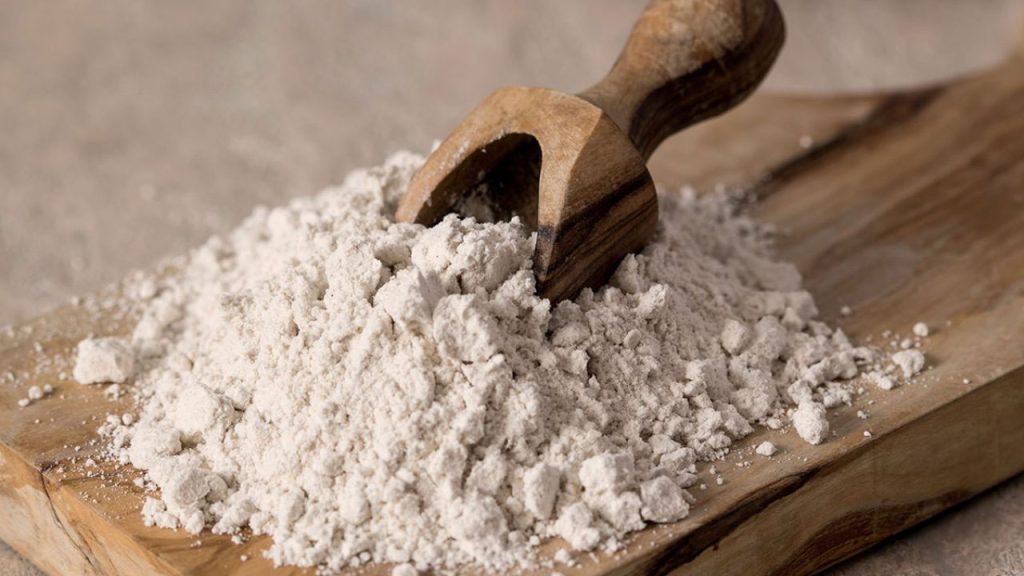The jungles and mountains of South America are home to more plants than you can imagine, many with all kinds of untapped medical potential. Some are completely unknown, while others were used by indigenous peoples such as the Inca for centuries before any Europeans got there. Maca, found in the high altitudes of the Andes, is one such plant (https://longevity.technology/lifestyle/maca-benefits-side-effects-dosage-safety-uses/).
Properly called Lepidium meyenii and sometimes known as Peruvian ginseng, maca is a cruciferous vegetable related to cabbage and broccoli. In size, shape and color, however, it can be more akin to a parsnip, a turnip or a radish. It’s grown at altitudes of more than 13,000 feet, a harsh environment where few plants survive.
It’s the root of the maca plant that is harvested for food. You can just cook it as you would other root vegetables, or you can grind it to make flour. In powdered form, it can also be turned into a dietary supplement. Supplements are also available as tablets, capsules, extracts, tinctures or in gelatinized form.
Part of the reason maca is popular is the nutritional content, with high levels of fiber, vitamin C, copper, potassium, iron, essential amino acids, phytonutrients, polyphenols, glucosinolates, antioxidants and various other bioactive compounds such as macamides and macaenes.
Maca has been used in indigenous medicine for millennia. Like with many traditional therapies, science is still trying to catch up with exactly how it works, so not every claimed benefit has a research study to support it, but there’s a lot of interest in its potential, particularly as an energy booster or in the treatment of libido and fertility problems.
Some of these benefits, such as improving energy levels, may be related to its particular combination of vitamins, minerals and other nutrients. It may also have a specific effect on your endocrine system. If it influences the performance of your pituitary gland or hypothalamus, the resulting impact on your hormones could increase sexual desire, improve fertility or alleviate the symptoms of menopause, in addition to generally boosting your mood.
This is only the start of maca’s potential benefits. It could help your immune system, sharpen concentration and cognitive performance, or even make your skin healthier. It’s also considered an adaptogen, which means it could improve your resilience and help you adapt to stress. There are certainly plenty of reasons to consider giving it a try.




